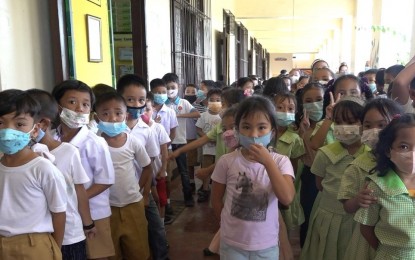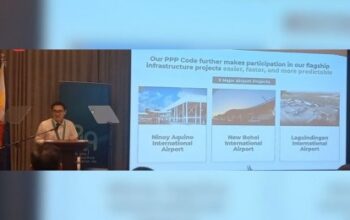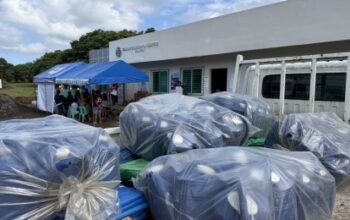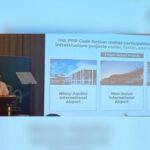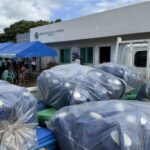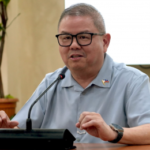The Department of Education (DepEd) said Wednesday the mandatory face-to-face classes will push through as scheduled starting November 2, despite threats of the new Covid-19 omicron XBB and XBC subvariants.
DepEd spokesperson Michael Poa said in an interview that despite the detection of the XBB and XBC omicron subvariants in the country, Department Order (DO) 44 will remain effective.
Under DepEd’s DO 44, all public schools are required to hold five-day in-person classes except for those affected by disasters or calamities, or granted exemption by the regional offices.
Private schools, meanwhile, shall indefinitely enjoy their flexible learning options, as the DepEd recognizes their investment in in-person learning setup and challenges in transitioning to pure face-to-face classes.
In-person learning, Poa said, addresses both learning gaps and the mental health needs of learners, particularly their need to interact physically with their teachers and classmates. He also assured parents that guidelines against any Covid-19-related threats are in place to ensure the safety of their children.
“We stand by our position not to ignore the threats of Covid. That’s why we have released our health guidelines. We based the mandatory in-person classes on studies. In-person classes are more beneficial, advantageous for the education of our learners),” he stressed.
“We will issue the guidelines to our regional directors for the parameters on the exemption, so that the granting of exemption shall not be arbitrary,” Poa added.
Explaining its stand on allowing private schools to indefinitely enjoy their flexible learning options, as indicated in the DO 34, DepEd said it has urged private schools to be mindful of studies saying the advantages of in-person classes is different).
Last Tuesday, the Coordinating Council of Private Educational Associations of the Philippines (COCOPEA) thanked the DepEd for its move to maintain options for in-person, blended, and distance learning for all private schools nationwide.
The DepEd said it is now also studying the institutionalization of the blended learning setup in the country, with its target to address classroom shortage and other perennial problems typically incurred during disasters.
(PHOTO: PNA)


